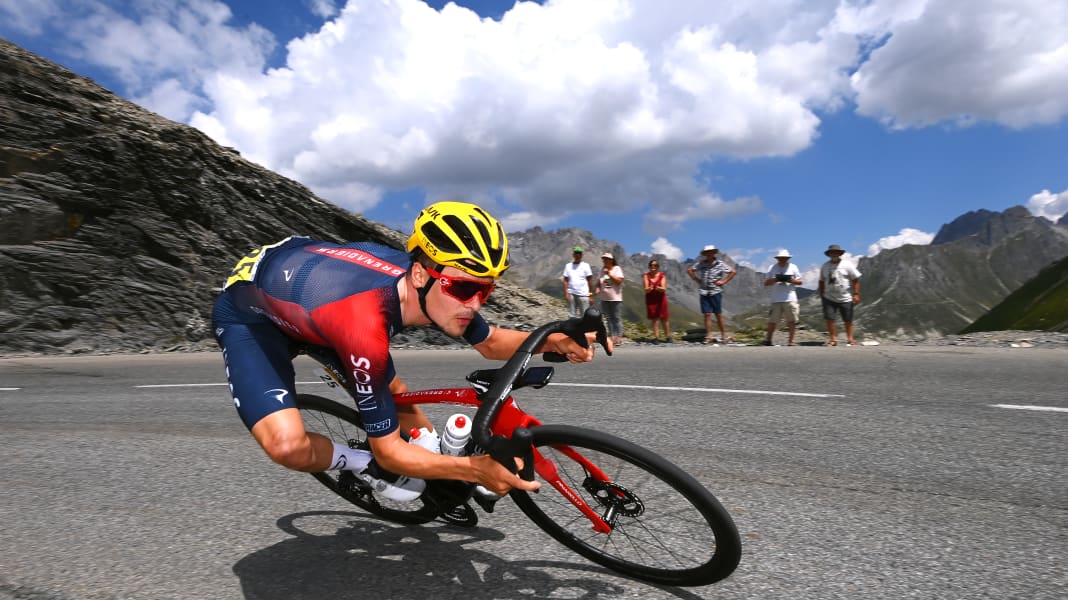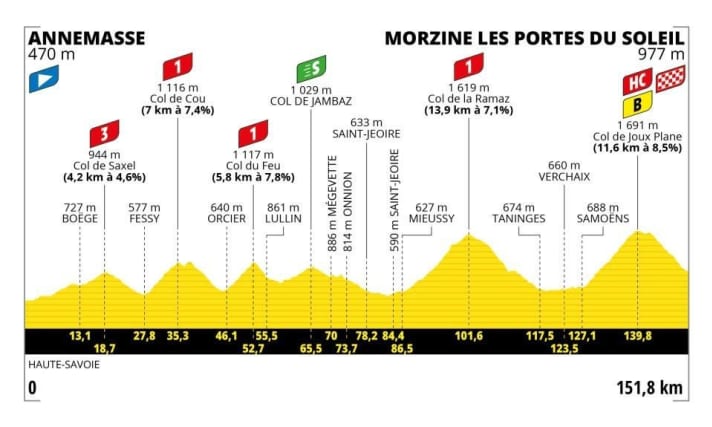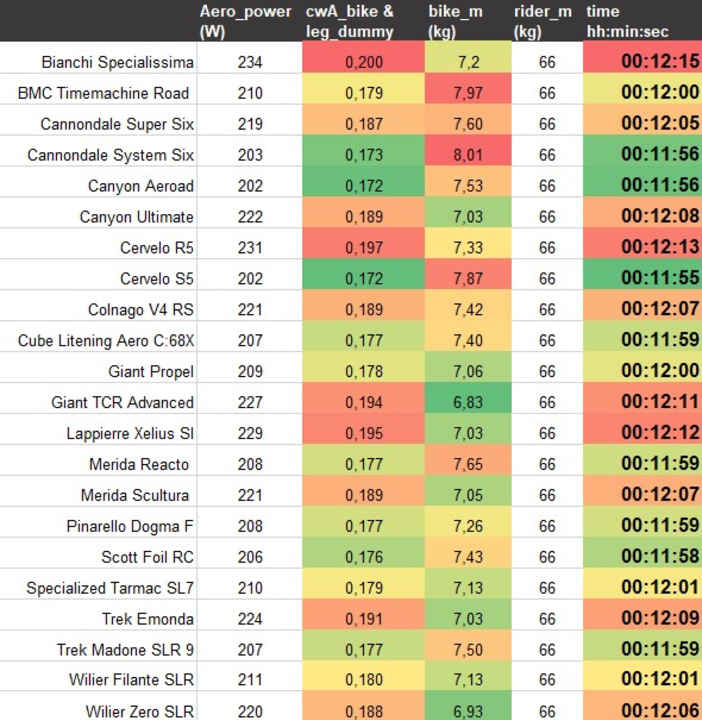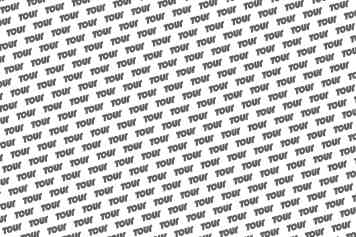
Tour de France 2023 - Stage 14: Annemasse - Morzine les Portes du Soleil | 151,8 Kilometres

4100 meters in altitude over a distance of only 152 kilometers must be climbed on the 14th stage. The greatest difficulty lurks at the end. The Col de Joux Plane (11.6 km at 8.5%) is steep, especially in the second section. Once at the top, the road descends slightly at first, then over a short counterclimb to the Col du Ranfolly before dropping steeply to Morzine. Six hairpin combinations punctuate the frantic ride to Morzine, and some high-speed turns require courage and knowledge of the route.
Good descenders have the opportunity to extend their lead on the technical and fast descent. The bike also contributes to this. By conveying confidence, but also by gliding through the air with first-class aerodynamics. Which bike in the peloton would race downhill the fastest, all other things being equal? To answer this question, we have modeled the descent of the Joux Plane in detail and let our model racer race realistically to the valley in the simulation.
Number of the day: 20 seconds
The fastest bike in the downhill is the Cervelo S5. It saves 20 seconds on the downhill compared to the slowest bike in our list. Other aero bikes follow close behind. The slightly higher weight of the S5 is noticeable in the downhill simulation. Mathematically, it’s a tick faster than the equally aerodynamic Canyon.
The (almost) complete field in the descent from Joux Plane

*) The calculations are based on the bikes tested by TOUR in the laboratory and wind tunnel. The bikes at the Tour de France may differ in details. Of course, we have not yet been able to examine last-minute prototypes either.
Our Expert

Robert Kühnen studied mechanical engineering, writes for TOUR about technology and training topics and develops testing methods. Robert has been refining the simulation calculations for years, they are also used by professional teams.
- TOUR Tech briefing stage 12
- TOUR Tech briefing stage 11
- TOUR Tech briefing stage 10
- TOUR Tech briefing stage 9
- TOUR Tech briefing stage 8
- TOUR Tech briefing stage 7
- TOUR Tech briefing stage 6
- TOUR Tech briefing stage 5
- TOUR Tech briefing stage 4
- TOUR Tech briefing stage 3
- TOUR Tech briefing stage 2
- TOUR Tech briefing stage 1
